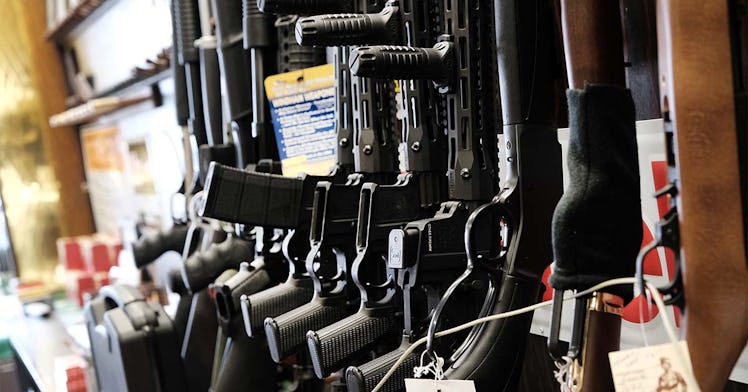What Families Should Know About Background Checks for Gun Purchases
Two bills has already passed the House, but they face a tough road in the Senate.

The House of Representatives has already passed two gun control measures this session, a task made easier by the fact that they also passed them after the 2018 shooting at Marjory Stoneman Douglas High School in Parkland, Florida. They predictably but shamefully died in the Republican-controlled Senate, but this being America, there’s a fresh pair of mass shootings in Atlanta and Boulder that are drawing renewed attention to the bills, which now stand a theoretical chance of passing with Democrats in control of the presidency and, just barely, the Senate.
How would these bills change the state of gun control in the United States? And how much of a change do they actually have of passing? Here’s what you need to know.
What would these bills actually do?
The Bipartisan Background Checks Act seeks to extend the background checks currently required under the Brady Bill for all sales from a licensed dealer to almost all gun transfers. Instead of simply being able to sell a firearm to a friend or someone who replied to a classified ad, private citizens would be required to find a licensed firearms dealer to take control of the firearm while the background check is being conducted. Exceptions like intrafamily loans and gifts and temporary transfers at a shooting range are built into the bill.
The Enhanced Background Checks Act takes on another gap in existing gun law: the so-called Charleston Loophole, which allows licensed dealers to transder a weapon to a buyer if a background check cannot be completed in three business days in something called a “default proceed.” The new law would increased that window to a minimum of ten days, at which point the buyer could submit a petition for a final determination, starting another ten day clock that, if no decision is made, would still allow them to take possession of the firearm.
Will they pass?
Because they’ve yet to abolish the filibuster, the Democrats pushing these bills need 60 votes to pass them through the Senate. And, quite simply, they don’t have 60 votes. They don’t even have all of their own members on board, as Joe Manchin has come out against the proposals in favor of his own bill, co-sponsored by GOP Sen. Pat Toomey of Pennsylvania, that would extend background checks on a more limited basis.
The emerging party line in the GOP is that the House bills go too far, but that some action might be doable.
“Tightening the background check system is possible. The House bill is too broad and goes too far for the Senate,” said relatively moderate Republican Sen. Rob Portman. “But I think something is possible.”
Still, these particularly bills appear to only have a chance if the Democrats eliminate the filibuster and change Manchin’s mind or recruit a Republican to vote yes. At this moment, that doesn’t appear likely.
What else are Democrats working on to prevent future mass shootings?
In public comments after the recent shootings, Joe Biden promised to consider executive actions to stop gun violence. We still don’t have any details on what he will do, but it’s clear that anything Biden does pursue will face a legal challenge and, most likely, end up in front of the Supreme Court.